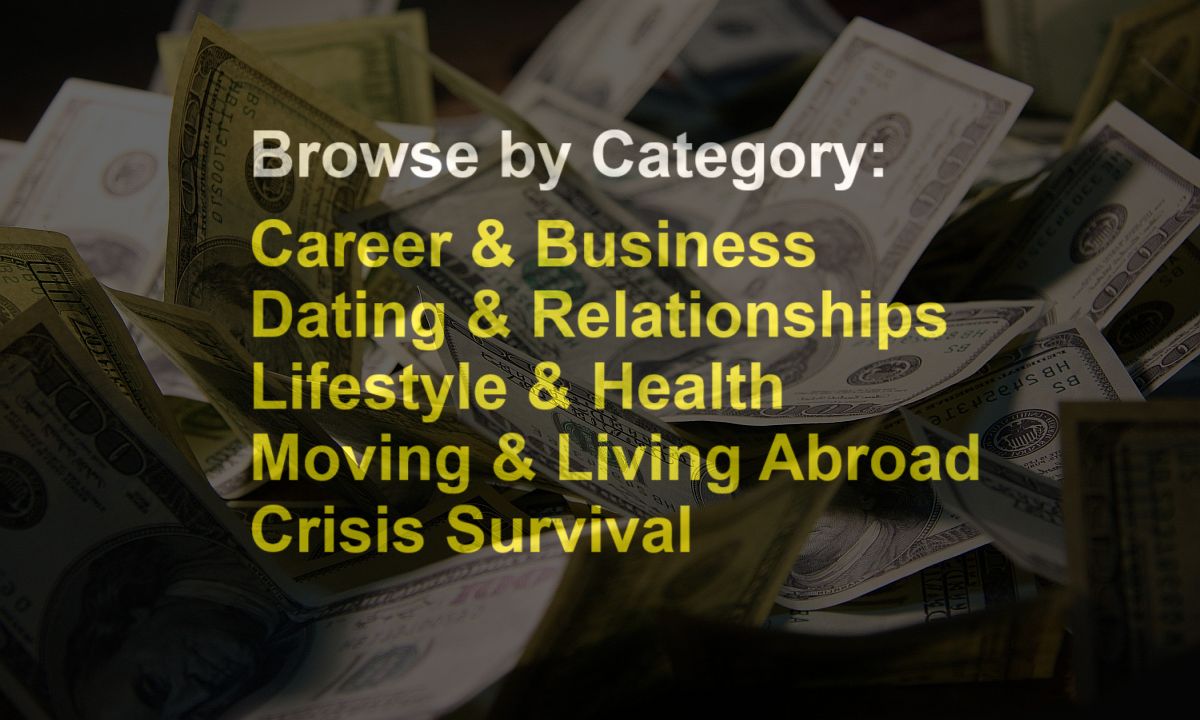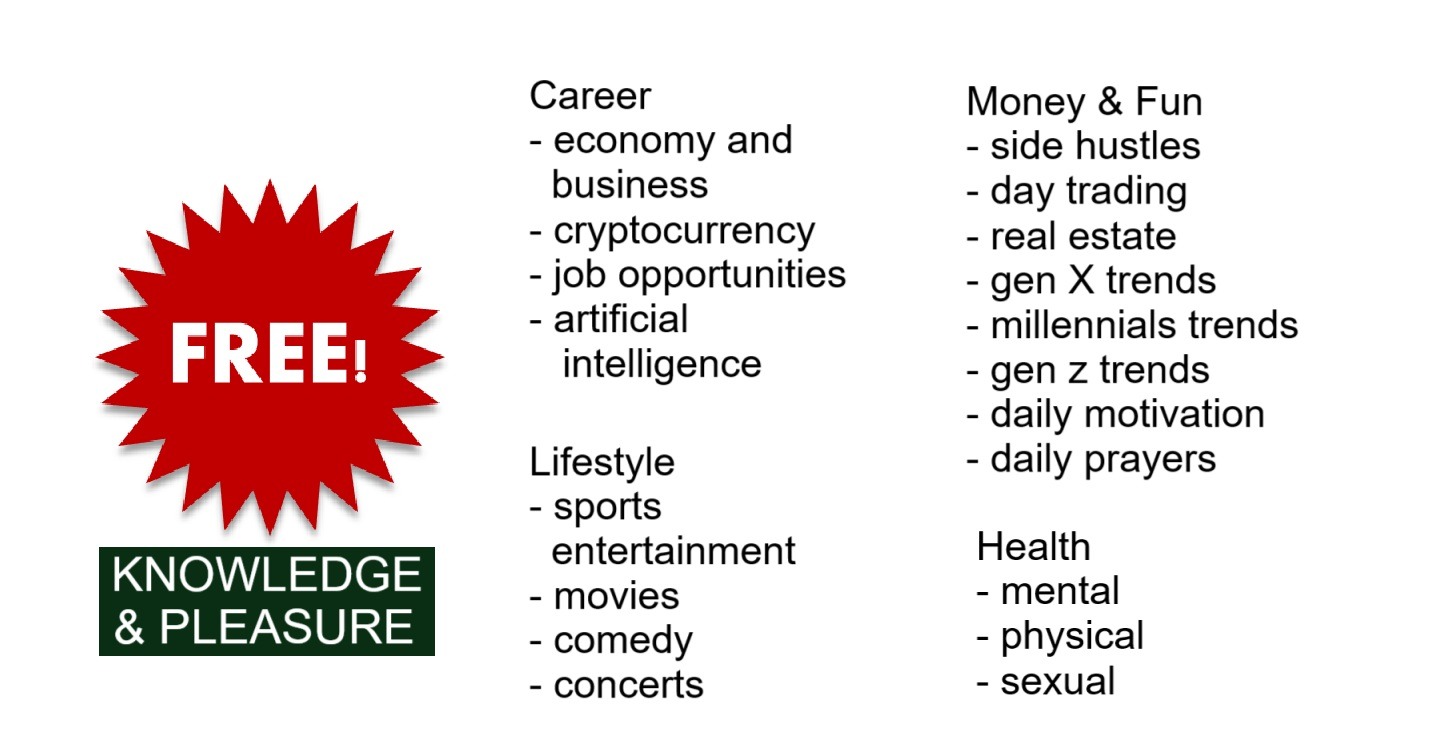Last Updated on April 14, 2025 by Royce Pierpont
Losing your job, especially in a field as vital as social assistance, can be a deeply unsettling experience. The emotional toll, coupled with the practical anxieties of finding new employment, can feel overwhelming. However, with a strategic approach and a proactive mindset, you can navigate this challenging period and emerge stronger, landing a fulfilling and secure position. This guide provides a roadmap to help you understand the challenges you might face, re-engineer your skills, and effectively compete in today’s evolving job market.
Understanding the Landscape: Challenges and Realities
Before diving into job searching, it’s crucial to acknowledge the specific challenges you might encounter as a professional transitioning from the social assistance sector:
- Education and Training Constraints: While experience is invaluable, certain specialized roles within social assistance might require specific certifications, licenses, or advanced degrees. If your prior role focused on practical application rather than formal training, this could present a hurdle.
- Skills Obsolescence: The social assistance field is constantly evolving, with new technologies and methodologies emerging to address complex societal needs. If your skills haven’t kept pace with these advancements, you might find yourself at a disadvantage. This could involve familiarity with new software, data analysis techniques, or evolving policy landscapes.
- The Specter of Automation: While direct client interaction remains a cornerstone of social assistance, certain administrative tasks are increasingly susceptible to automation through Artificial Intelligence (AI) and robotic process automation (RPA). This trend could impact roles focused on data entry, form processing, or initial screening. Understanding which aspects of your prior role could be automated is vital.
- Funding Fluctuations and Budgetary Constraints: Social assistance programs are often dependent on government funding, which can be subject to political shifts and economic downturns. This inherent instability can lead to job losses and increased competition for available positions.
- Burnout and Emotional Fatigue: The demanding nature of social assistance work can lead to burnout and emotional fatigue. When entering the job market, it’s essential to address these issues and present yourself as a resilient and enthusiastic candidate.
- Competition from Diverse Backgrounds: You’ll likely compete with individuals from various backgrounds, including recent graduates, professionals with related degrees (social work, psychology, counseling), and those transitioning from similar non-profit or government roles. Understanding their strengths is key to highlighting your unique value proposition.
Re-Engineering Yourself: A Proactive Approach to Skill Enhancement
The key to overcoming these challenges lies in a proactive and strategic approach to re-engineering your skillset and professional profile:
- Identify Skill Gaps: Honestly assess your current skills and compare them to the requirements of your desired roles. Focus on the areas where your qualifications fall short. Are you lacking specific software proficiency, data analysis skills, or knowledge of emerging social work practices?
- Embrace Continuous Learning: Bridge skill gaps through targeted education and training. Consider the following:
- Online Courses: Platforms like Coursera, edX, and LinkedIn Learning offer a wide range of courses relevant to social assistance, including data analysis, grant writing, program evaluation, and specific software training.
- Workshops and Seminars: Attend workshops and seminars offered by professional organizations, universities, or community colleges. These provide focused training and networking opportunities.
- Certifications: Pursue relevant certifications to demonstrate your expertise in specific areas, such as case management, crisis intervention, or mental health support.
- Volunteer Work: Volunteer in roles that allow you to develop and practice new skills. This can also provide valuable experience and networking opportunities.
- Highlight Transferable Skills: While your experience might be specific to social assistance, emphasize the transferable skills that are valuable across industries. These include:
- Communication: Emphasize your ability to communicate effectively with diverse populations, build rapport, and actively listen.
- Problem-Solving: Showcase your ability to assess complex situations, identify solutions, and implement effective interventions.
- Empathy and Compassion: While crucial in social assistance, these qualities are highly valued in many customer-facing and service-oriented roles.
- Organization and Time Management: Demonstrate your ability to manage multiple tasks, prioritize effectively, and meet deadlines.
- Teamwork and Collaboration: Highlight your ability to work effectively with colleagues, stakeholders, and community partners.
- Update Your Resume and Cover Letter: Tailor your resume and cover letter to each specific job application, highlighting the skills and experience that are most relevant to the position. Use action verbs to describe your accomplishments and quantify your results whenever possible.
- Craft a Compelling Narrative: Be prepared to explain your career transition in a positive and proactive manner. Emphasize your desire to leverage your skills and experience in a new context and your commitment to continuous learning and professional growth.
Knowing Your Competition and Standing Out
Understanding your competition is crucial for crafting a winning job search strategy:
- Recent Graduates: These individuals often possess the most up-to-date knowledge of current theories and methodologies. Counteract this by emphasizing your practical experience and real-world problem-solving abilities.
- Professionals with Related Degrees: Those with social work, psychology, or counseling degrees may have a theoretical advantage. Highlight your on-the-ground experience, your understanding of community resources, and your ability to navigate complex bureaucratic systems.
- Candidates from Similar Organizations: These individuals may have similar skills and experience. Differentiate yourself by emphasizing your unique accomplishments, your specific areas of expertise, and your commitment to continuous improvement.
Strategies for Effective Job Hunting
- Network Actively: Networking is crucial in any job search. Attend industry events, connect with professionals on LinkedIn, and reach out to your personal and professional contacts. Informational interviews can provide valuable insights and potential leads.
- Targeted Job Search: Don’t limit yourself to traditional social assistance roles. Explore opportunities in related fields such as:
- Healthcare: Case management, patient advocacy, community health outreach.
- Education: School social work, guidance counseling, special education support.
- Non-Profit Organizations: Program management, fundraising, community outreach.
- Government Agencies: Social policy analysis, program evaluation, community development.
- Human Resources: Employee assistance programs, wellness initiatives, diversity and inclusion programs.
- Leverage Online Job Boards: Use job boards like Indeed, LinkedIn, and Idealist to search for relevant opportunities. Tailor your search criteria to match your skills and interests.
- Prepare for Interviews: Practice answering common interview questions and be prepared to discuss your skills, experience, and career goals. Research the organization and demonstrate your knowledge of its mission and values. Prepare insightful questions to ask the interviewer.
- Seek Feedback: Ask for feedback from friends, family, or career counselors on your resume, cover letter, and interview skills. Constructive criticism can help you identify areas for improvement.
Embracing the Future: Long-Term Career Planning
While securing your next job is the immediate goal, it’s crucial to think long-term and develop a career plan that considers the evolving nature of the workforce.
- Stay Updated on Industry Trends: Continuously monitor emerging trends in social assistance, technology, and related fields. Subscribe to industry publications, attend conferences, and connect with thought leaders.
- Develop a Growth Mindset: Embrace a growth mindset and be open to new challenges and opportunities. View setbacks as learning experiences and continuously strive to improve your skills and knowledge.
- Build a Strong Online Presence: Create a professional online presence on LinkedIn and other relevant platforms. Share your expertise, engage in industry discussions, and network with other professionals.
- Consider Entrepreneurship: If you have a passion for social impact, consider starting your own non-profit organization or social enterprise. This can provide you with greater autonomy and control over your career.
Losing your job in social assistance can be a difficult experience, but it also presents an opportunity for growth and reinvention. By understanding the challenges you face, re-engineering your skills, and developing a strategic job search plan, you can navigate this transition successfully and secure a fulfilling and rewarding career. Remember to stay positive, persistent, and proactive, and you will emerge stronger and more resilient. Your commitment to helping others is a valuable asset, and with the right approach, you can continue to make a positive impact on the world.









